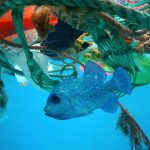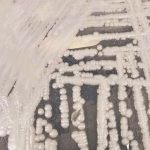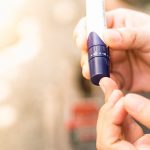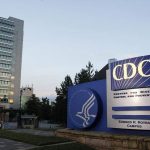NASA scientists have discovered that the International Space Station (ISS), residence to six astronauts, is infested with illness-inducing bacteria. Most of the organisms breeding on the craft’s surfaces are recognized to type each bacterial and fungal biofilms that promote resistance to antibiotics. The NASA workforce printed their findings in a brand new examine — the original complete catalog of germs in closed area methods — within the journal Microbiome. The biofilms potential to trigger microbial-induced corrosion on Earth may additionally play havoc with the ISS’ infrastructure by inflicting mechanical blockages, declare the researchers.
The microbes come from people and are just like those in gyms, places of work, and hospitals on Earth. They embody so-referred to as opportunistic pathogens corresponding to Staphylococcus aureus (generally discovered on the pores and skin and within the nasal passage) and Enterobacter (related to the human gastrointestinal tract). Although they’ll trigger illnesses again on Earth, it is unclear what, if any, have an effect on they’d have on the ISS’ inhabitants.
As a part of the examine, the workforce used each conventional tradition strategies and gene sequencing strategies to analyse floor samples collected in eight areas on the ISS, together with the viewing window, the toilet — which just lately burst, spewing two gallons of water on the US crew — exercise platform, eating desk and sleeping quarters, throughout three flights throughout 14 months.
“The ISS is a hermetically sealed closed system, subjected to microgravity, radiation, elevated carbon dioxide and the recirculation of air utilizing HEPA filters, and is taken into account an ‘excessive setting,'” stated Dr. Venkateswaran — primarily the kind of place where microorganism are likely to thrive. Researchers declare the research can be utilized to enhance security measures for NASA astronauts, long-term space journey or living in space.

















